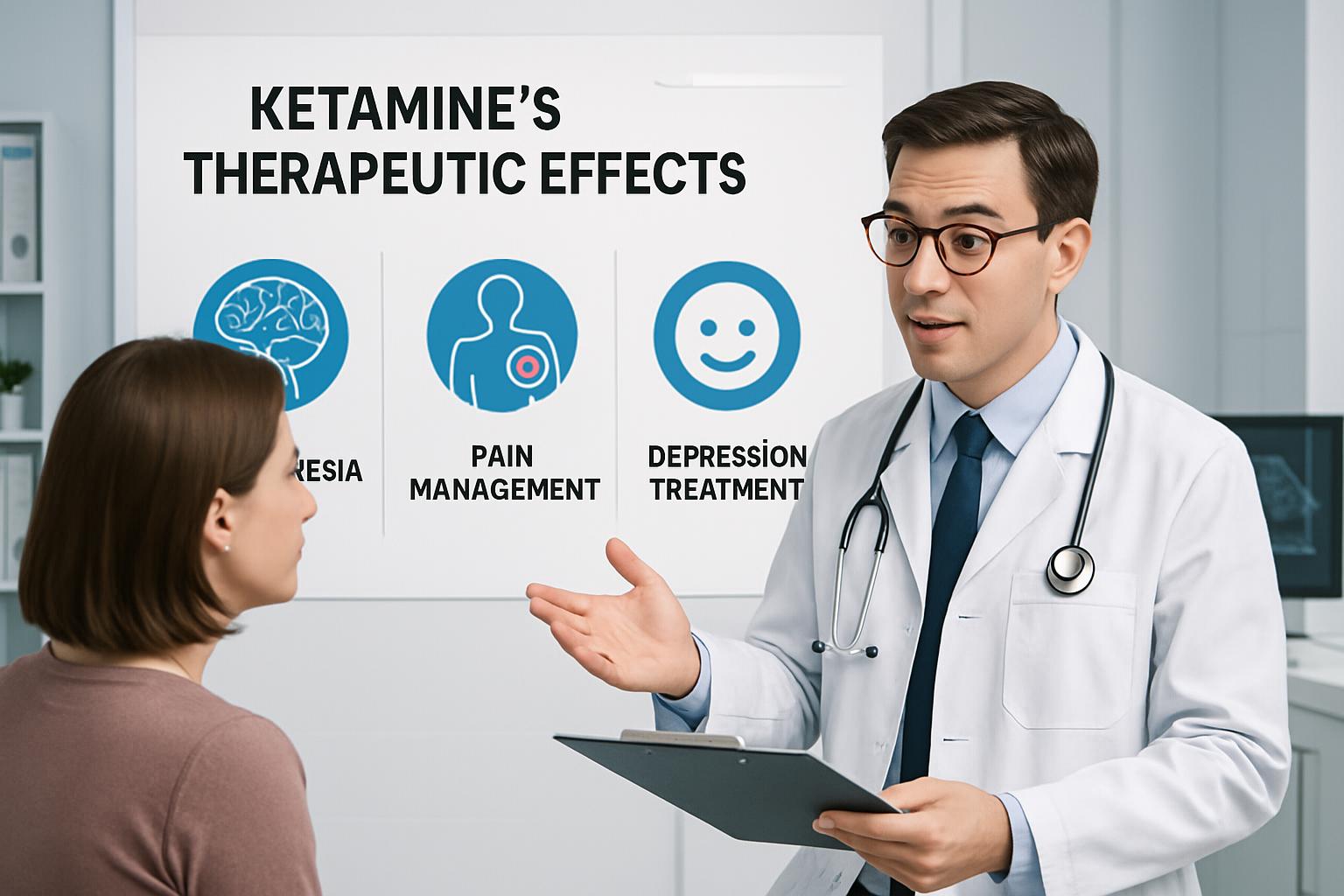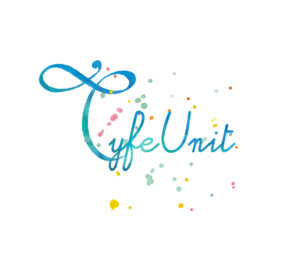Treatment-resistant OCD isn’t a life sentence—it’s a clinical term that simply means standard first-line treatments haven’t provided adequate relief. If you’ve tried multiple SSRIs at appropriate doses for sufficient time, completed genuine exposure and response prevention therapy, and still struggle with significant symptoms, you’re not alone. Research indicates that 40-60% of OCD patients don’t achieve satisfactory outcomes with standard treatments (Fineberg & Craig, 2007). The term “treatment-resistant” describes your response to specific interventions, not your potential for recovery. Understanding what this designation means and what options remain is the first step toward finding an approach that works for your unique situation.
Defining Treatment-Resistant OCD: Clear Criteria Matter
Before exploring alternative treatments, it’s essential to understand what actually constitutes treatment-resistant OCD. This isn’t a subjective label—it’s based on specific clinical criteria. According to the International Treatment Refractory OCD Consortium, adequate treatment trials must include at least 12 weeks of therapy with SSRIs at maximum recommended dosages (Dold et al., 2023). A full response is defined as a reduction of 35% or greater on the Yale-Brown Obsessive-Compulsive Scale (Y-BOCS), while partial response falls between 25-35% reduction.
Treatment-resistant OCD is formally identified when you’ve completed adequate trials of at least two different SSRIs (including potentially clomipramine) without achieving meaningful symptom reduction, and you’ve engaged in proper exposure and response prevention therapy (Fineberg & Craig, 2007). This definition matters because it distinguishes true treatment resistance from inadequate treatment trials—something surprisingly common in OCD care.
Many clinicians say they provide cognitive behavioral therapy but aren’t incorporating exposure and response prevention sufficiently or at all. Key questions to assess whether you’ve had adequate ERP include: Did you receive homework assignments? Did you create a hierarchy of OCD symptoms rated by severity? Were you exposed to situations designed to reproduce anxiety while being asked to resist compulsions? Were family members involved in sessions or homework? If the answer to these questions is no, you may not have received adequate ERP, which means you might not actually be treatment-resistant—you may simply need proper evidence-based therapy.
Why SSRIs Don’t Work for Everyone
The sobering reality is that only up to 50% of OCD patients respond to SSRI medications (Dold et al., 2023). This isn’t because OCD is untreatable; it’s because the serotonin hypothesis, while valid for many patients, doesn’t capture the complete neurobiological picture of the disorder.
OCD appears to involve multiple neurotransmitter systems, not just serotonin. Growing evidence suggests that glutamatergic dysfunction plays a significant role in OCD pathophysiology (Grassi et al., 2002). Glutamate is the brain’s primary excitatory neurotransmitter, and imbalances in glutamate signaling can contribute to the repetitive thought patterns and behaviors characteristic of OCD. This is why treatments targeting the glutamate system—rather than serotonin—have emerged as promising options for individuals who haven’t responded to SSRIs.
The delayed onset of SSRIs also creates challenges. Even when these medications work, they typically require 2-3 months before clinically meaningful improvement appears. For someone experiencing severe, disabling OCD symptoms, waiting three months per medication trial to determine effectiveness can feel unbearable. This is where faster-acting alternatives become particularly valuable.
Understanding Your Options: A Framework
When standard treatments haven’t provided adequate relief, several evidence-based approaches remain. Rather than comparing treatments against each other (which would require more individualized clinical assessment than an article can provide), it’s helpful to understand the categories of options and how they work differently.
Augmentation Strategies
If you’ve had some response to an SSRI but not enough, augmentation—adding another medication to your existing treatment—is often tried before switching entirely. Research suggests augmentation should be preferred to switching because response is typically obtained faster (Grassi et al., 2002). Common augmentation approaches include low-dose antipsychotics or glutamate-modulating agents. The choice depends on your specific symptom profile, side effect tolerance, and what you’ve already tried.
Glutamate-Modulating Treatments
Given the emerging understanding of glutamate’s role in OCD, medications that affect this neurotransmitter system offer a different mechanism of action than SSRIs. These include agents like N-acetylcysteine, riluzole, and ketamine. Each works somewhat differently on the glutamate system, and evidence levels vary. Ketamine, in particular, has generated significant research interest for its rapid anti-obsessional effects.
Intensive Therapy Programs
Sometimes the issue isn’t the type of therapy but the intensity and structure. Partial hospitalization or intensive outpatient programs offering daily ERP sessions have shown response rates up to 70% for treatment-resistant OCD (Dold et al., 2023). These programs provide immersive, individualized treatment that simply isn’t possible with once-weekly therapy. For Utah residents, this might mean traveling to access such programs, though telehealth has expanded some options.
Neuromodulation Approaches
When medications and therapy haven’t worked, brain stimulation techniques offer another avenue. Transcranial magnetic stimulation (TMS) uses magnetic fields to stimulate specific brain regions associated with OCD. For the most severe, truly refractory cases, deep brain stimulation (DBS)—a surgical procedure that implants electrodes in specific brain areas—has demonstrated efficacy, though it’s reserved for patients who’ve exhausted other options and meet strict criteria.
What Makes Treatment “Work”?
Before exploring new treatments, it’s worth examining what constitutes success. The goal of OCD treatment isn’t to eliminate every trace of symptoms—it’s to reduce distress, interference, and frequency to a minimal level such that you maintain control over your life. Some residual symptoms are normal even with successful treatment.
Understanding this distinction helps set realistic expectations. If you’re waiting for a treatment that makes OCD disappear entirely, you may overlook options that could provide meaningful functional improvement. A 35-40% reduction in Y-BOCS score might not sound impressive numerically, but in practical terms, it can mean the difference between spending four hours daily on rituals versus one hour, or between being unable to work versus managing a job successfully.
It’s also important to recognize that OCD often co-occurs with other conditions—depression, anxiety disorders, PTSD, or ADHD. Sometimes what appears to be treatment-resistant OCD is actually OCD complicated by an unaddressed comorbid condition. Comprehensive assessment ensures you’re treating the complete clinical picture, not just one aspect.
Three Steps You Can Take This Week
While exploring new treatment options often requires professional consultation, here are three actionable steps you can implement now:
- Audit Your Treatment History
Create a detailed record of every OCD treatment you’ve tried, including medication names, dosages, duration of trial, and your subjective response. For therapy, note the type, frequency, whether homework was assigned, and what specific techniques were used. This documentation serves two purposes: it helps you see patterns in what has or hasn’t worked, and it provides essential information for any new provider you consult.
- Investigate Your Access to Specialized Care
Research what specialized OCD treatment is available in your area. In Utah, options range from outpatient clinics in Salt Lake City to telehealth services. If you’re in more rural areas like Blanding or St. George, understanding whether you need to travel for certain treatments helps you plan realistically. Don’t assume that because something worked for someone else it will work for you—but do investigate what’s actually available rather than limiting yourself to treatments you already know about.
- Assess Practical Barriers to Treatment
Sometimes treatment resistance isn’t biological—it’s logistical. Are there family accommodation patterns that need addressing? Financial constraints limiting your access to adequate therapy frequency? Transportation issues preventing consistent appointment attendance? Identifying and problem-solving these practical barriers can sometimes be as important as finding the “right” treatment.
Ketamine Therapy: A Glutamate-Based Approach
At Mindful Infusions, we specialize in ketamine infusion therapy for individuals throughout Utah who are suffering from complicated and treatment-resistant OCD that hasn’t responded to conventional approaches. We focus on just one thing—ketamine-based therapy—and we promise to use all of our knowledge, experience, and expertise to provide each person we meet with the best possible treatment available for relief.
Ketamine is a non-competitive NMDA receptor antagonist, meaning it works on the glutamate system rather than serotonin. Research shows that a single intravenous ketamine infusion can produce rapid anti-obsessional effects that may persist for a week or longer in some patients (Rodriguez et al., 2013). We offer both medically supervised ketamine infusion sessions and Ketamine-Assisted Psychotherapy (KAP), where ketamine is combined with therapeutic integration work.
Our team includes Nykol Bailey Rice, a Board Certified Registered Nurse Anesthetist who has personally performed thousands of ketamine infusions and is passionate about providing quality, collaborative ketamine courses. We also have Ibrahim, a Licensed Clinical Social Worker trained through the Psychedelic Research and Training Institute in ketamine and psychedelic medicine. His belief is that together, you can engage in your healing process and self-exploration beyond anxiety, depression, and trauma using KAP.
It’s important to understand that outcomes vary by individual. Not everyone responds to ketamine, just as not everyone responds to SSRIs or any other treatment. Some patients experience dramatic improvement, others partial response, and some no significant change. We take time to educate our patients about the treatment process, discuss potential side effects, and answer questions before beginning care.
Ketamine therapy at our clinic is considerably more affordable than most local competitors, though exact costs depend on your individual treatment plan. We’re working to establish insurance acceptance capacity to make this treatment accessible to more people who could benefit. If financial concerns have prevented you from exploring ketamine therapy, we encourage you to schedule a free consultation to discuss what’s actually possible.
The Importance of Comprehensive Assessment
If you’re considering ketamine therapy or any alternative treatment for treatment-resistant OCD, starting with a thorough consultation is essential. This allows us to review your complete treatment history, assess whether previous trials were truly adequate, discuss your symptom profile, and determine if ketamine therapy is appropriate for your situation.
Some patients aren’t good candidates for ketamine due to medical contraindications, active substance use issues, or symptom presentations that respond better to other approaches. Our goal isn’t to convince everyone to try ketamine—it’s to provide honest assessment about whether this treatment approach makes sense for your particular situation. We serve patients from Salt Lake City, Blanding, St. George, and throughout the Wasatch Front, with multiple locations to make access convenient.
Moving Forward with Realistic Hope
Treatment-resistant OCD requires persistence, but it doesn’t require despair. The term describes your response to specific treatments, not your potential for recovery. New treatment approaches continue to emerge, our understanding of OCD neurobiology continues to evolve, and many people who initially struggled to find effective treatment eventually achieve meaningful symptom reduction.
Results vary by individual, and there’s no single “right” path forward. What matters is continuing to pursue evidence-based options, working with providers who understand OCD specifically (not just general mental health), and maintaining realistic expectations about what treatment can accomplish.
If you’re interested in learning more about how ketamine therapy might fit into your treatment plan for OCD, we offer free phone consultations to discuss your specific situation. This conversation helps both you and us determine if pursuing ketamine therapy makes sense for where you are in your treatment journey.
References
Dold, M., Aigner, M., Schosser, A., & Kasper, S. (2023). Therapies for obsessive-compulsive disorder: Current state of the art and perspectives for approaching treatment-resistant patients. Frontiers in Psychiatry, 14, 1065812. https://www.frontiersin.org/journals/psychiatry/articles/10.3389/fpsyt.2023.1065812/full
Fineberg, N. A., & Craig, K. J. (2007). Management of treatment resistant obsessive-compulsive disorder. Annals of Indian Academy of Neurology, 10(Suppl 1), S51-S60. https://journals.lww.com/annalsofian/fulltext/2007/10030/management_of_treatment_resistant.4.aspx
Grassi, G., Cecchelli, C., Vignolo, M., & Rossi, A. (2002). Management of treatment resistant obsessive-compulsive disorder. Algorithms for pharmacotherapy. Progress in Neuro-Psychopharmacology and Biological Psychiatry, 26(5), 881-889. https://pubmed.ncbi.nlm.nih.gov/12032425/
Rodriguez, C. I., Kegeles, L. S., Levinson, A., et al. (2013). Randomized Controlled Crossover Trial of Ketamine in Obsessive-Compulsive Disorder: Proof-of-Concept. Neuropsychopharmacology, 38(12), 2475-2483. https://www.nature.com/articles/npp2013150

